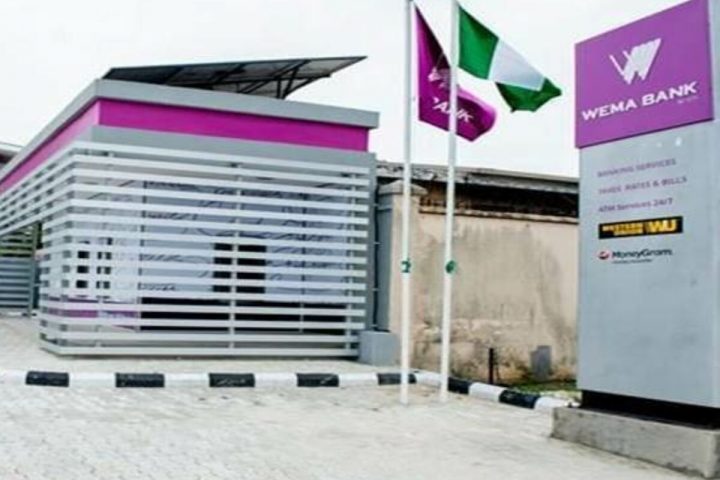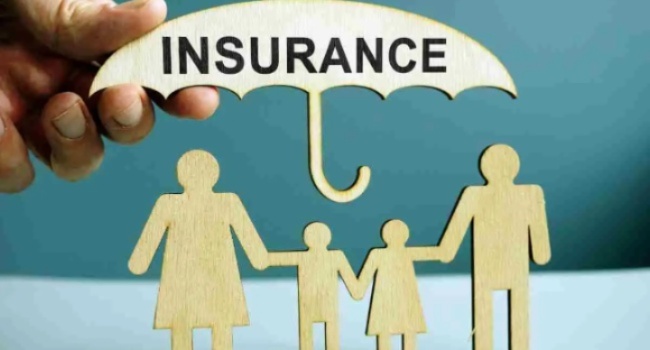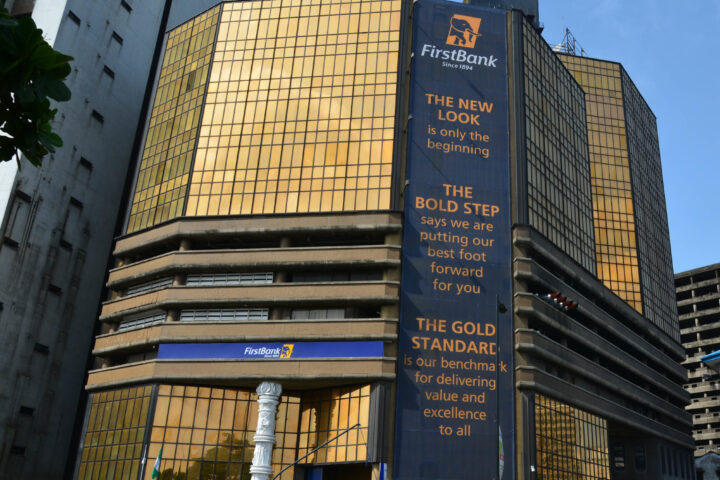What is the Dollar to Naira Exchange rate at the black market also known as the parallel market (Aboki fx)?
The exchange rate for the US dollar (USD) to Nigerian Naira (NGN) in the black market, also known as the parallel market or Aboki fx, is ₦1,491 for 1 USD As of June 18th, 2024.
This rate is sourced from the latest data provided by Bureau De Change (BDC) operators.
Join our WhatsApp ChannelHow Much is a Dollar to Naira Today in the Black Market?
Dollar to naira exchange rate today black market (Aboki dollar rate):
The black market, also known as the parallel market or Aboki fx, operates outside official channels and is not recognized by the Central Bank of Nigeria (CBN). Despite this, it plays a role in the country’s foreign exchange market.
Today’s black market rate for the dollar to naira is critical for businesses and individuals who rely on foreign currency for transactions. Many Nigerians use the black market to exchange their money due to more favorable rates compared to the official channels.
READ ALSO: Black Market Dollar (USD) To Naira (NGN) Exchange Rate Today, 18th June 2024
This rate impacts various sectors, including importation, travel, and remittances.
Dollar to Naira Black Market Rate Today
- Buying rate: ₦1,460.00 /$1
- Selling rate: ₦1,491.00/$1
Dollar to Naira CBN Rate Today
- Buying rate: ₦1,481.65/$1
- Selling rate: ₦1,485/$1
Variations In Forex Rates
The difference between the black market and the CBN rates highlights the variations in forex rates in Nigeria. The black market rate is often a reflection of the economic realities faced by ordinary Nigerians.
Factors such as inflation, foreign exchange reserves, and government policies play a role in creating these variations. The CBN aims to control the official rate to manage the economy, but the black market provides a more immediate reflection of the supply and demand for foreign currency.
Forex rates vary among banks in Nigeria. Here are some rates from various banks:
- Guaranty Trust Bank (GTB): ₦1,490 – ₦1,500
- First Bank of Nigeria (FBN): ₦1,485 – ₦1,500
- United Bank for Africa (UBA): ₦1,480 – ₦1,500
- Zenith Bank: ₦1,485 – ₦1,500
- Access Bank: ₦1,480 – ₦1,500
Economic Impact of Exchange Rate Differences
The disparity between the black market and official exchange rates has significant economic implications. Businesses that rely on importing goods often turn to the black market to meet their foreign currency needs, leading to higher costs.
These higher costs can result in increased prices for goods and services, contributing to inflation. Additionally, individuals needing foreign currency for travel, education, or medical expenses also feel the impact of these rates.
Government Efforts to Manage Exchange Rates
The Nigerian government and the Central Bank have implemented various measures to manage exchange rates and reduce reliance on the black market. These measures include monetary policies, foreign exchange interventions, and initiatives to boost foreign reserves.
Despite these efforts, the black market remains a popular choice for many due to the more favorable rates offered. Efforts aim to stabilize the exchange rates and reduce the economic impact of these variations.
Emmanuel Ochayi is a journalist. He is a graduate of the University of Lagos, School of first choice and the nations pride. Emmanuel is keen on exploring writing angles in different areas, including Business, climate change, politics, Education, and others.



















Follow Us